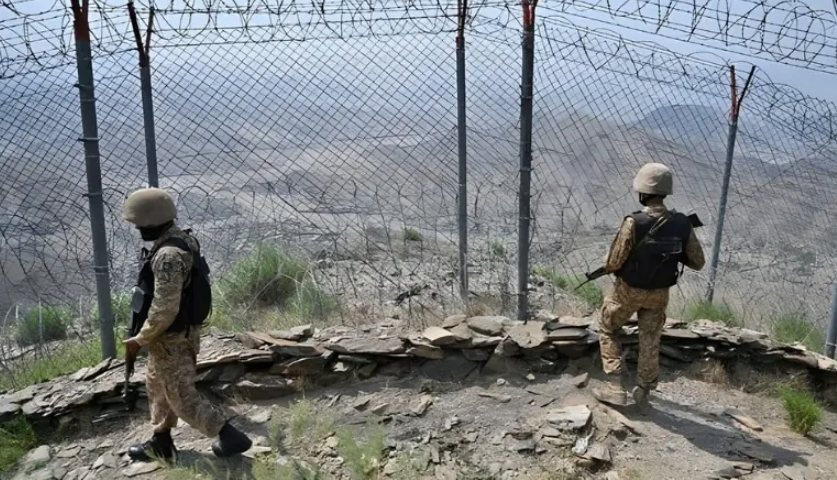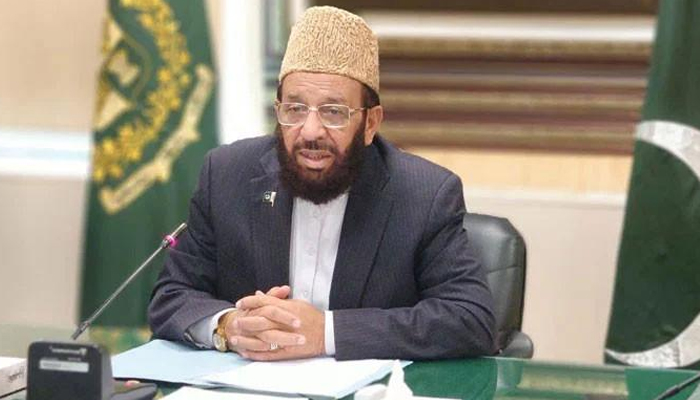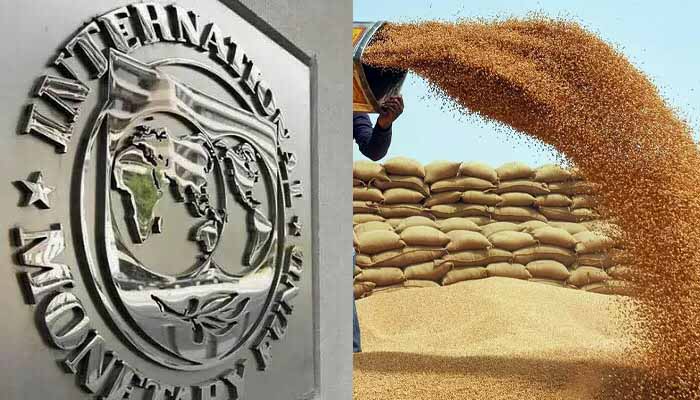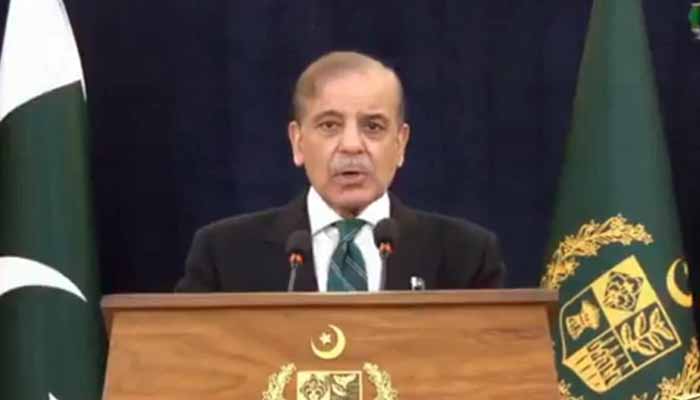TRADE & ECONOMY

Trade and transit activities between Pakistan and Afghanistan have remained suspended since October 12, following renewed border tensions that erupted after cross-border attacks from Afghan soil. The closure has caused severe disruption to bilateral trade and triggered an alarming surge in food prices, particularly tomatoes, now selling between Rs300 and Rs600 per kilogram — the highest in years.
According to Khan Jan Alokozai, head of the Pak-Afghan Chamber of Commerce in Kabul, both countries are suffering daily trade losses of nearly $1 million. “All trade and transit activities have been closed since the tension began. The annual trade volume of $2.3 billion includes essential commodities like vegetables, fruits, grains, medicines, meat, and dairy products,” he said.
He added that around 5,000 containers loaded with goods are stuck at key crossings including Torkham, Chaman, Kharlachi, and Angoor Adda, while nearly 500 containers of perishable vegetables have spoiled during the prolonged closure.
The crisis stems from the October 11–12 attacks, when Afghan Taliban and Indian-backed militants reportedly launched unprovoked cross-border fire and limited assaults on Pakistani positions along the Pak-Afghan frontier. The Pakistan Army retaliated forcefully, capturing 21 temporary Afghan positions and dismantling terrorist planning centers.
Following mediation efforts, Pakistan agreed to a 48-hour ceasefire at the Taliban regime’s request, and subsequent Doha talks were termed productive. However, trade and logistics remain frozen, leaving small traders and consumers on both sides of the border facing mounting losses.
The Foreign Office has stated that the border crossings will remain closed due to the current security situation, emphasizing that “saving the life of an ordinary Pakistani is more important than the movement of goods or trade.”
“Pakistan has always shown sincerity towards Afghanistan,” said the spokesperson. “However, after repeated terrorist attacks from Afghan soil, we expect verifiable action from Kabul to prevent such incidents in the future.”
An important follow-up meeting between Pakistani and Afghan delegations is expected to take place in Istanbul on October 25 to discuss future steps toward de-escalation and restoring trade relations.




